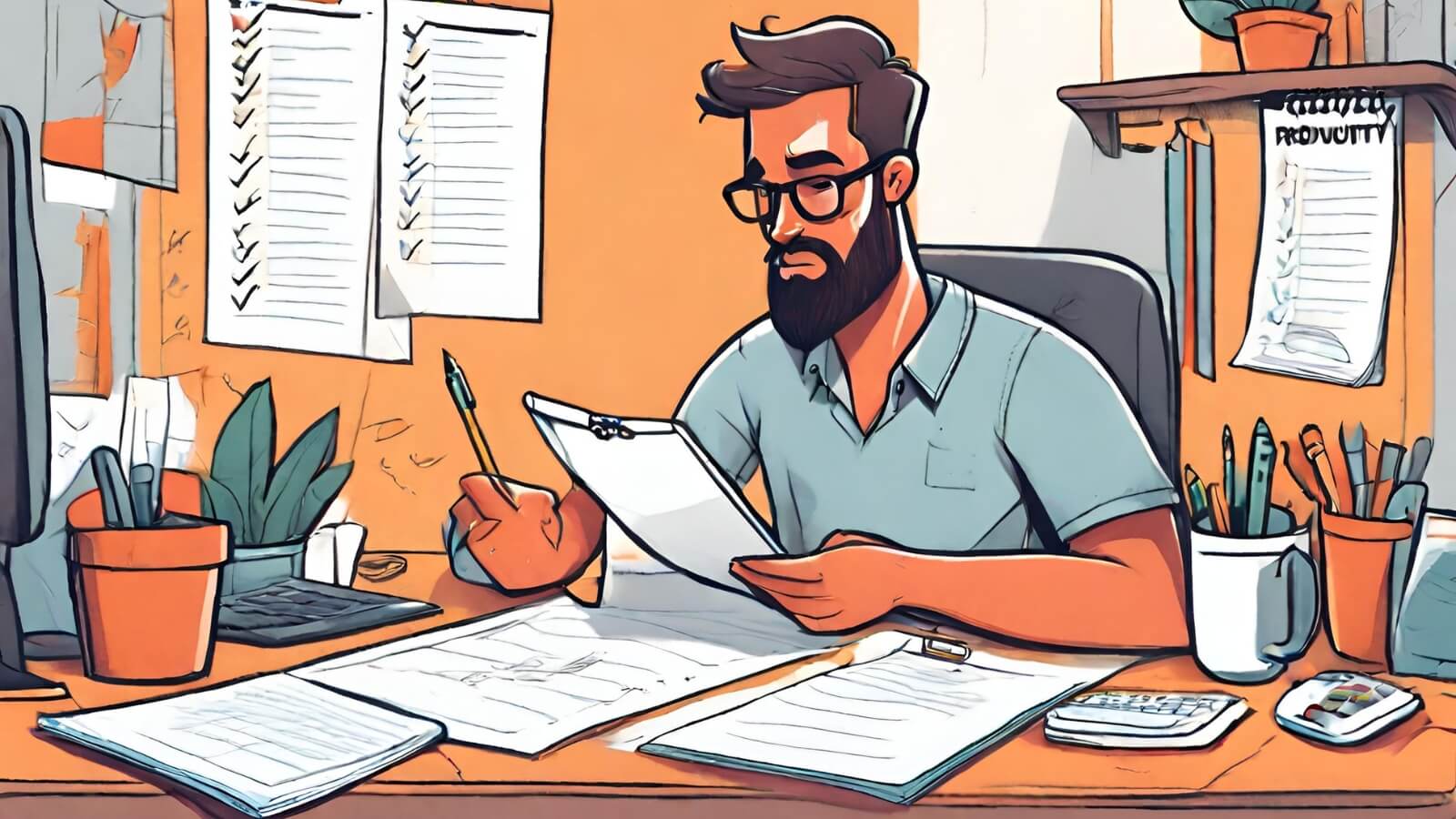Writing a killer resume is the cornerstone of a successful job search. It’s your first opportunity to make a lasting impression on potential employers and pave the way for future career opportunities. According to Jappreet Sethi, a renowned HR leadership coach and expert, “Your resume is not just a document; it’s a tool that tells your professional story in a way that interests your future employer.”
In this comprehensive guide, we’ll delve into the nuances of crafting a killer resume that not only stands out but also positions you as the ideal candidate for your dream job. By adhering to these meticulously curated tips, you’ll ensure your resume strikes the perfect balance between professionalism and personality.
Begin with the Basics
Your Contact Information: It’s surprising how many people overlook the importance of accurately listing their contact details. For instance, John Doe, an aspiring digital marketer, missed a crucial interview opportunity because he accidentally added an incorrect phone number. To avoid such pitfalls, double-check your contact information. Remember, this is the gateway for potential employers to reach out to you.
Educational Achievements
Showcasing Your Academic Background: Education can significantly influence an employer’s perception. Consider Lisa, who highlighted her Bachelor’s degree in Computer Science with a specialization in artificial intelligence. By detailing her thesis project, which directly related to the job she was applying for, Lisa demonstrated her direct experience and deep interest in the field. Neglecting to include specific educational achievements, especially those relevant to the job at hand, can leave a gap in your resume that might lead potential employers to pass it by.
Professional Experience
The Power of Detailing Your Work History: Your work experience is where you can truly shine. For example, Michael, an engineer, included a brief but impactful description of a project where he led a team to achieve a 30% efficiency improvement in their manufacturing process. This specific example showed potential employers his leadership skills and ability to deliver results. Failing to provide concrete examples of your achievements can result in a lackluster section that fails to capture your professional worth.
Skillfully State Your Skills
Tailoring Your Skills to the Job: When it comes to skills, specificity is key. If you’re applying for a job as a web developer, listing your proficiency in specific programming languages and frameworks, as Sarah did, can significantly boost your resume. She didn’t just mention her coding skills; she also included her contributions to open-source projects, which demonstrated her practical experience and commitment to her profession. Generic skill lists are often skimmed over, but tailored and detailed skill descriptions can make a recruiter pause and take note.
Highlight Your Honors
Academic and Professional Recognitions: Achievements and awards can set you apart from the competition. For instance, Alex, a marketing professional, included his receipt of the “Innovator of the Year” award at his previous company, highlighting his creativity and impact on his team’s success. This kind of recognition serves as a testament to your capabilities and can be a deciding factor in landing an interview. Omitting these could mean missing a chance to showcase your excellence and dedication.
Embrace Brevity and Clarity
Choosing the Right Resume Format: The debate between chronological and functional resumes continues, but the key is choosing the format that best showcases your strengths. Emily opted for a functional resume to highlight her skills in graphic design and project management, which were scattered throughout her career, rather than presenting a linear progression. This strategy can be particularly effective for those with diverse experiences or gaps in employment. However, a poorly organized resume, regardless of format, can confuse potential employers and bury your most relevant experiences.
Personal Interests and Hobbies
When to Include Personal Hobbies: Including hobbies can add a personal touch to your killer resume, making you more memorable. For example, David, a candidate for a position at a sports marketing firm, mentioned his marathon running hobby. This detail resonated with the company’s culture and values, setting him apart from other candidates. However, irrelevant hobbies can distract from your professional qualifications, so include them judiciously.
Experience Beyond the Office
Demonstrating a Well-Rounded Character: Employers are increasingly valuing candidates who show a commitment to social awareness and volunteer work. Jessica included her volunteer experience with a local food bank on her resume, which not only showcased her organizational skills but also her empathy and community spirit. This added dimension to her application, illustrating her as a well-rounded candidate. Overlooking the inclusion of such experiences could result in a missed opportunity to demonstrate your values and personal growth.
The Aesthetic Appeal of Your Resume
Presentation and Formatting: A visually appealing killer resume can make a significant difference. For instance, Kevin, a graphic designer, used subtle design elements to enhance the readability and attractiveness of his resume. This attention to detail signaled his design skills and professionalism. Conversely, a cluttered or outdated resume format can detract from the quality of your application, regardless of the content.
Crafting a killer resume is about more than listing your experiences; it’s about presenting your professional journey in a manner that captivates and convinces potential employers. As Jappreet Sethi wisely states, “A resume should be a reflection of your professional persona, designed not just to inform but to impress.” By following the advice laid out in this guide, you’re not just writing a resume; you’re curating a narrative of your career that highlights your achievements, skills, and the unique value you bring to the table. Remember, your resume is the key to unlocking doors in your career path; make sure it’s a key that turns heads and opens doors.











Amazing website ! I?ve just added it to bookmarks.
Knokced my socks off with knowledge!
The information provided by your site is quite informative. It is nice to read about the importance of the each section of a resume.